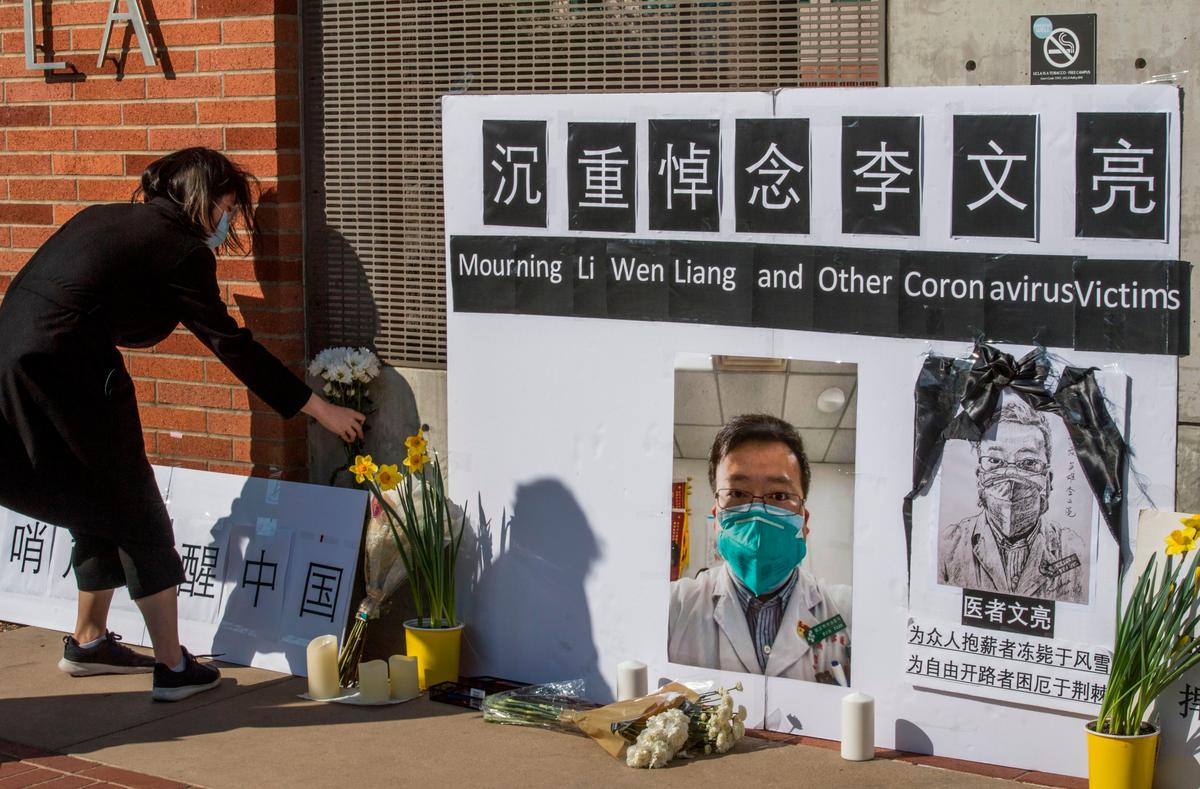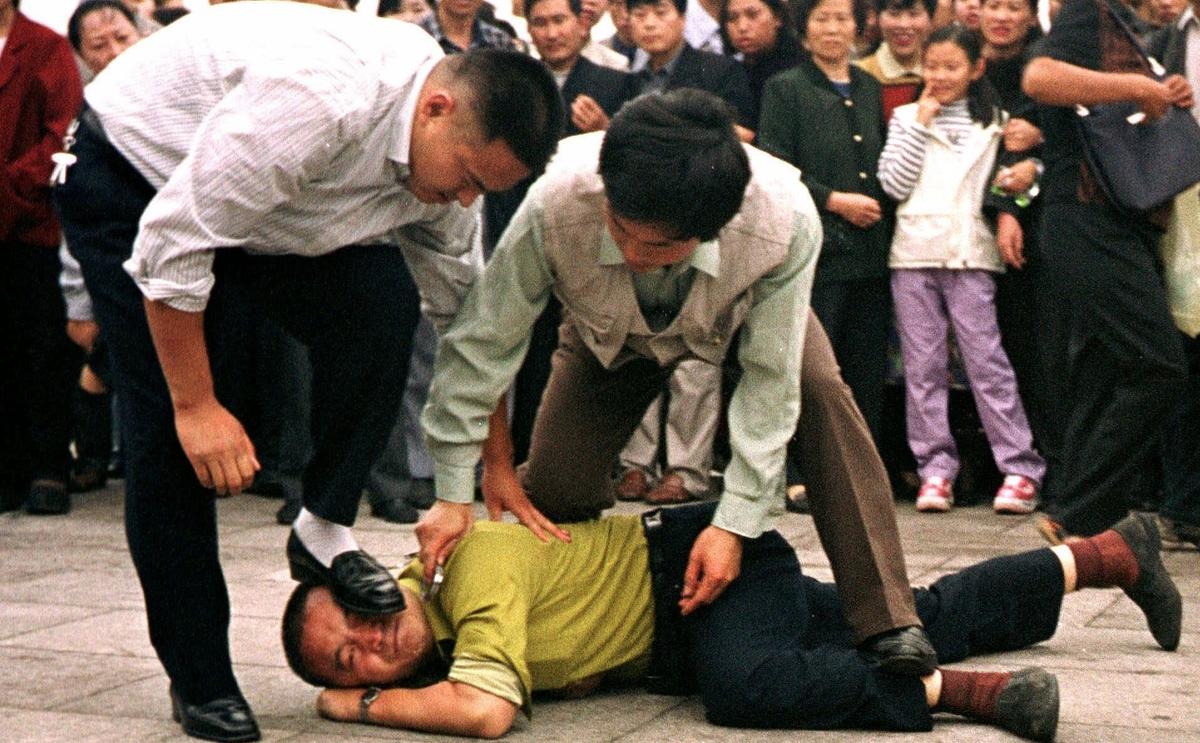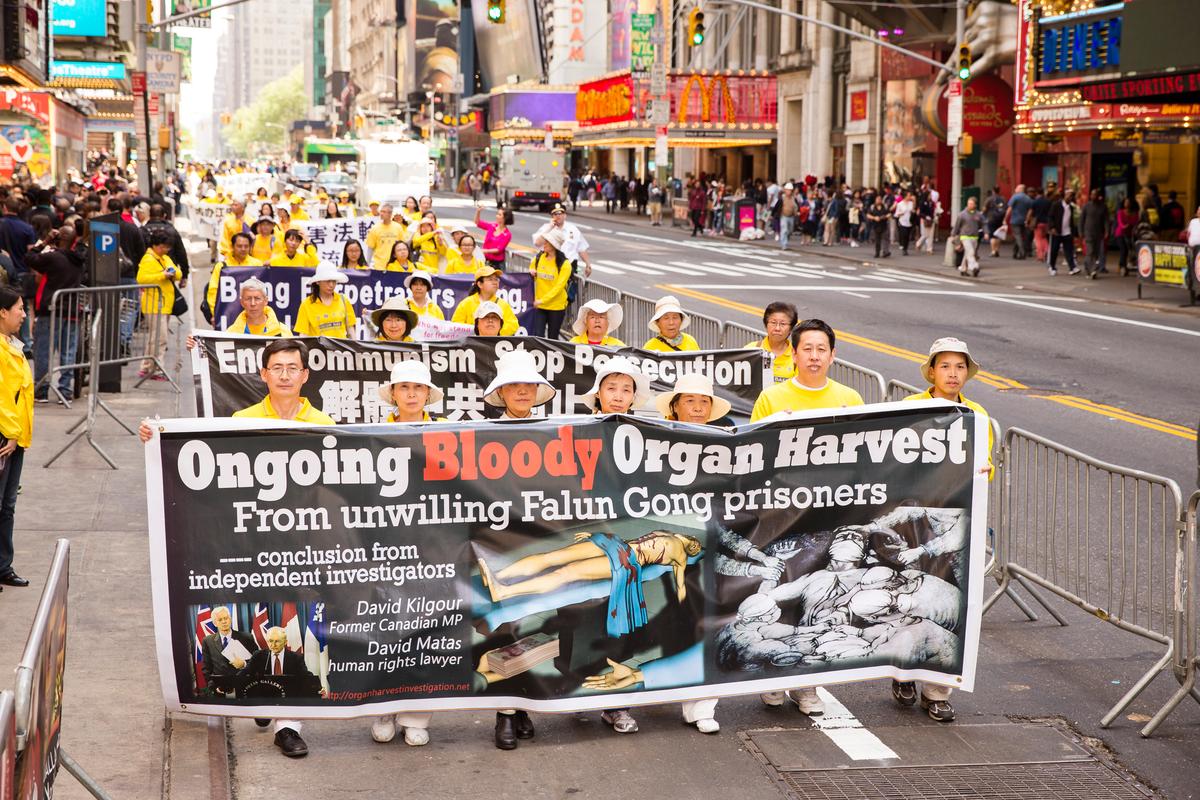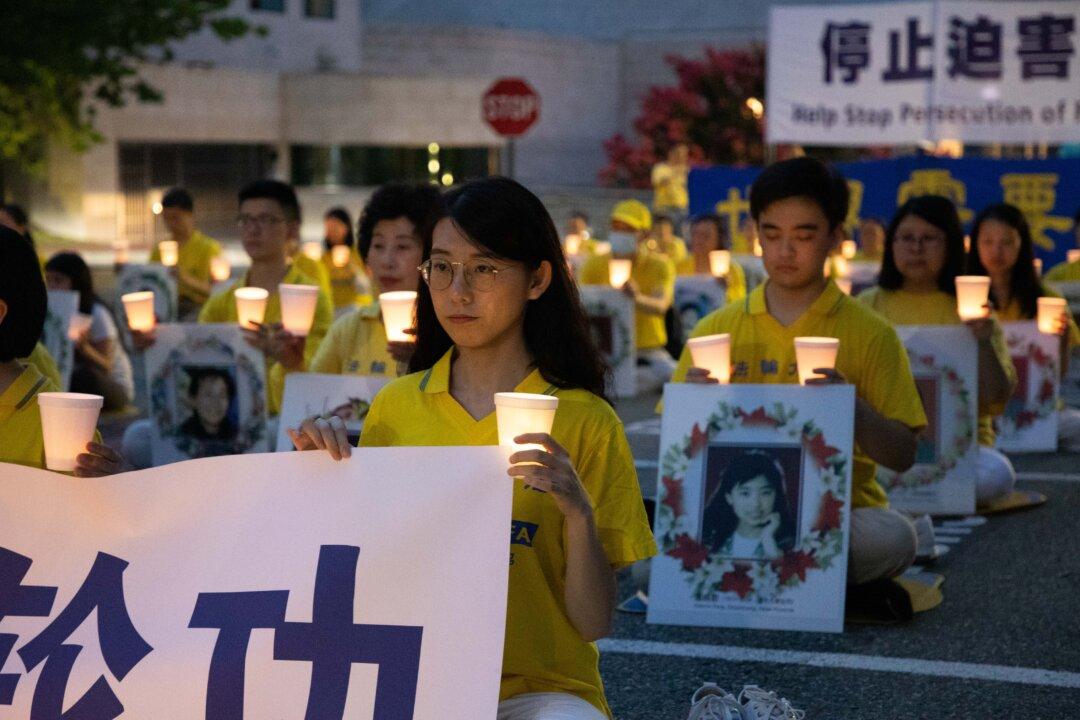The international community has recently released three human rights reports. All three directly point to the Chinese communist regime for violation of basic human rights and freedom of belief.
On Jan. 13, the British Conservative Party Human Rights Commission issued a report calling on the British government to take the lead in responding to a human rights crisis in China.
The report is titled, “The Darkness Deepens: The Crackdown on Human Rights in China 2016-2020” and pointed out that human rights violations in China are intensifying.
“The use of abhorrent practices such as the imprisonment and torture of dissidents, mass surveillance, organ harvesting, and the use of slave labour shows the Chinese Communist Party for what it is,” the report said, urging the UK government to “lead the free world by sending a clear message that China must stop these abusive behaviours.”
Also, on Jan. 13, the international non-governmental organization Human Rights Watch released their World Report 2021, saying the Chinese Communist Party’s (CCP’s) “authoritarianism was on full display in 2020 as it grappled with the deadly coronavirus outbreak first reported in Wuhan province.”
It described Chinese authorities’ response to the COVID-19 pandemic as “initially delayed by withholding information from the public, under-reporting cases of infection, downplaying the severity of the infection, and dismissing the likelihood of transmission between humans. Authorities also detained people for ‘rumor-mongering,’ censored online discussions of the outbreak, and curbed media reporting.”


Human Rights Are Universal
The Universal Declaration of Human Rights adopted by the United Nations on Dec. 10, 1948 states that, “Everyone is entitled to all the rights and freedoms contained in this declaration, regardless of race, color, sex, … birth or other status. Everyone has the right to life, freedom and personal security.”In other words, all human beings have the right to freedom of thought, conscience, religion, peaceful assembly and association, etc. However, in the seventy-two years since the adoption of the Declaration, genocide and many crimes against humanity have been committed.
Falun Gong, also known as Falun Dafa, is an example of how the CCP denies human rights to the Chinese people. In July 1999, Jiang Zemin, the general secretary of the CCP at the time, launched the persecution of Falun Gong by systematically exploiting the state apparatus and power to brutally extinguish the beliefs of 100 million Falun Gong followers who live by the principles of “truthfulness, compassion, and forbearance.”
Jiang adopted a policy of “defaming their reputation and destroying them physically and economically.” Practitioners who refused to “reform” were illegally detained in psychiatric institutions, brainwashing centers, labor camps and prisons where they suffered cruel mental and physical torture that often resulted in death. According to Minghui.org, the identities of 4,582 practitioners who were persecuted to death are confirmed. The actual number is believed to be much higher, but difficult to verify at this time. Additionally, tens of thousands of practitioners annually are believed to have been, and still are, victims of China’s state-sponsored live organ harvesting practice.

Freedom of religion and belief was originally a basic right granted to Chinese citizens by the Chinese Constitution. But the CCP has ignored its own Constitution and uses authoritarian and totalitarian means to trample on and deprive people of their basic rights.
For decades, the CCP’s human rights record has been widely criticized by the international community. Whether it’s the human rights reports published by the United Nations, the U.S. Department of State, or human rights groups such as Amnesty International and Human Rights Watch, the CCP’s violations of freedom of belief and basic rights always top the list.
As far as 2020 is concerned, the situation in China has only worsened. On Jan. 8, the CECC’s annual report clearly sent that message. The report urged the United States to hold Chinese officials responsible for serious human rights abuses by denying them visas to the United States or access to its financial markets.
On April 28, 2020, the United States Commission on International Religious Freedom (USCIRF) released its 2020 annual report. China was on the list of “countries of particular concern” (CPC) because their governments engage in or tolerate “systematic, ongoing, egregious violations.” Communist China has been listed as a CPC for 21 consecutive years.
More than 300 human rights groups and NGOs submitted an open letter to U.N. Secretary-General Antonio Guterres, U.N. High Commissioner for Human Rights Michelle Bachelet, and U.N. member states on Sept. 10, calling for an international investigation of the CCP’s violation of human rights.
On Oct. 26, the websites of the U.S. Embassy and Consulates in China released the Chinese version of China’s Human Rights Report 2019. According to the report, “significant human rights issues included: arbitrary or unlawful killings by the government; forced disappearances by the government; torture by the government; arbitrary detention by the government; harsh and life-threatening prison and detention conditions; censorship; perform torture; strictly control speech and information, restrict citizens’ freedom of movement, etc.”
Former U.S. Secretary of State Mike Pompeo stated that one of the core characteristics of the CCP is that it continuously violates the basic human rights of the Chinese people.
“It’s what President Trump has directed us all to work to try and preserve: as much freedom, as much dignity for every citizen of China as we possibly can when they’re confronted with these massive human rights violations that are being conducted by the Chinese Communist Party,” Pompeo said.
Sanctions against those who abuse human rights are a common trend by democratic countries. In 2016, the United States passed the Global Magnitsky Human Rights Accountability Act to punish foreign individuals committing human rights violations. So far, 28 countries around the world have enacted a human rights accountability act similar to that of the United States’, denying visas and freezing the assets of persecutors.
In 2019 alone, the United States has designated 97 individuals and entities under this program, which complement other tools and authorities the United States uses to impose economic and visa restrictions on malign actors.
On July 9, 2020, the U.S. Department of the Treasury’s Office of Foreign Assets Control (OFAC) sanctioned one Chinese government entity and four current or former government officials in connection with serious rights abuses against ethnic minorities in the Xinjiang Uyghur Autonomous Region (XUAR). These designations include Chen Quanguo, the Communist Party Secretary of XUAR. Over the past two decades, Chen Quanguo has also actively participated in the persecution of Falun Gong, causing many Falun Gong practitioners to be persecuted to death, according to a report by Minghui.org.
On Dec. 7, 2020, the European Commission adopted the “Global Human Rights Sanctions Regime,” the European Union’s version of the Magnitsky Act. It applies to acts such as “genocide, crimes against humanity, torture and other cruel, inhuman or degrading treatment or punishment, slavery, extrajudicial, summary or arbitrary executions and killings, enforced disappearance of persons, arbitrary arrests or detentions.” The sanctions consist of travel bans applying to individuals and freezing the assets of both individuals and entities. The first sanctions list is expected to be implemented before the end of the first quarter of this year.
